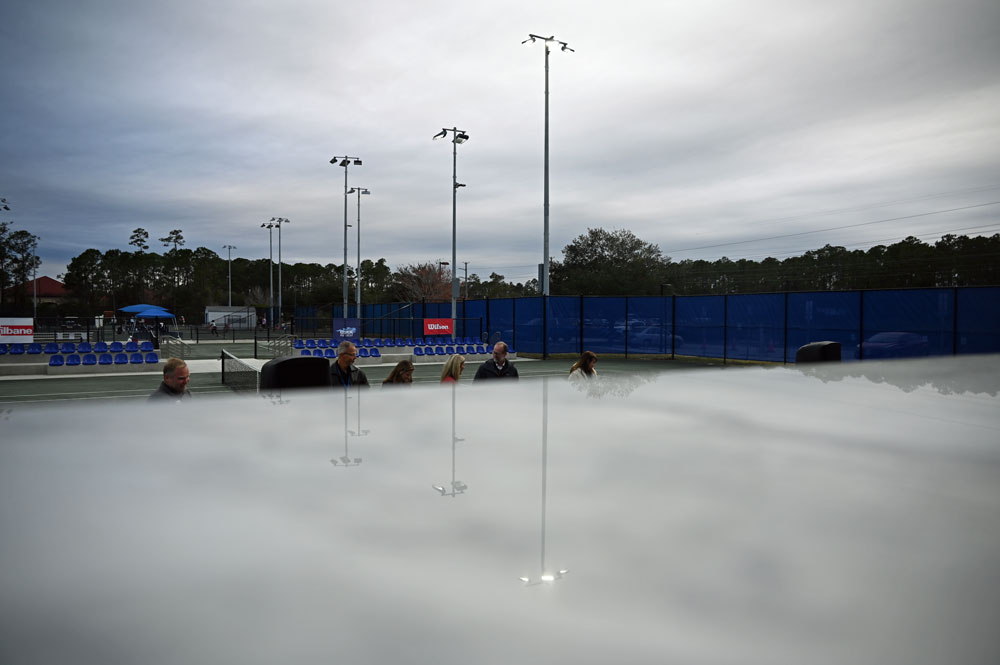Palm Coast City Council Hesitant About USTA Management Proposal for Southern Recreation Center
The Palm Coast City Council is currently unwilling to transfer management of the Southern Recreation Center to USTA Florida for the next six years. This facility, highly regarded among the city’s parks and recreation offerings, has attracted considerable interest.
Although discussions with USTA will continue, the council has reservations regarding the proposed contract’s cost-benefit structure. They believe that it predominantly favors USTA, leaving the city in a financially precarious position while also relinquishing control. “It’s meant to be mutually beneficial, not just advantageous to one side,” Council member Tony Amaral expressed.
Concerns arose from the contract’s vague language regarding USTA’s responsibilities, particularly relating to the operation of the center’s 12 pickleball courts. Council member Theresa Pontieri noted her hesitance towards making significant changes at this juncture since the Southern Rec Center has only been fully operational for a year and a half.
“I receive numerous concerns from residents daily, but the Southern Rec Center is not among them,” Pontieri stated, emphasizing the center’s successful operation. Agnes Lightfoot, associated with the Friends of Tennis, echoed this sentiment, suggesting a focus on court maintenance and youth programming while cautioning against any abrupt changes.
USTA Florida is seeking to manage the center following a significant grant of $700,000 that helped build additional tennis courts, with the aim of enhancing overall facility management. However, community feedback indicated concerns about potential neglect of pickleball should USTA take control. A survey conducted by USTA yielded only 119 responses, mostly from frequent users of the center.
The proposed six-year contract outlines plans to save the city $400,000 annually through managed staffing and instruction but raises questions about revenue-sharing and the city’s continuing financial responsibilities. Council member Ty Miller highlighted the potential losses versus the projected savings, stating, “If we lose our revenues, even with reduced expenses, we’re still at a net loss.”
As discussions progress, council members expressed the need for more concrete data and assurances from USTA regarding financial implications and program priorities, particularly the future of pickleball. With no rush to finalize decisions, the council remains attentive to both the opportunities and risks presented by USTA’s proposal.



